The Role of Social Media in Truck Accidents: Distractions, Evidence, and Legal Issues
Social media is nearly impossible to avoid in today’s world. Even if you stay off of social media platforms, you’re likely to see stories from social media pop up on the news and in daily conversation. Knowing this, it should come as no surprise that social media has even changed how we drive. Social media has taught our brains to expect constant stimulation and entertainment—and that makes a monotonous task like driving even more boring.
When it comes to truck accidents, social media can complicate matters quite a bit. From causing collisions to serving as evidence for investigators, social media can affect accident claims quite a bit. If you’ve been hurt in a truck accident, don’t wait any longer to fight for what you’re owed—call Bailey, Javins & Carter at 678-210-3292.
Social Media as a Distraction
It is difficult to avoid the lure of social media. Once your brain gets used to the dopamine of constantly swiping for just one more update, it’s hard to turn it off. Personal drivers and truck drivers are not exempt from this temptation; on a long drive, it’s easy to reach for your phone and open an app before you even realize what’s happening.
While this is dangerous when personal drivers do it, the stakes are even higher when truck drivers get distracted while driving. If a truck driver checks their phone while driving, they are leaving their truck unattended for at least the length of one football field. If they spend more than a couple of seconds looking at their phone, their truck is unmanned for even longer. This opens the door to catastrophic and fatal accidents.
How Social Media Provides Accident Evidence
When crashes occur, social media may also serve as evidence when one party seeks compensation from the other party. Many people basically document their lives on social media, providing real-time updates to loved ones and spectators. People involved in the crash and those who witnessed it may post about it, and those posts could end up being evidence for either side.
Posts from either party may also help an attorney determine liability when they are building a case. For example, imagine a truck driver updating their friends before a long drive. They may comment on their fatigue levels or how much coffee they’ve needed to get through recent drives. Posts like these help establish a pattern of reckless or unsafe driving.
Finding eyewitnesses can be challenging after a truck accident, since people are unlikely to stick around—these crashes can be severe, and eyewitnesses usually just get in the way of emergency personnel. However, once the dust has settled, attorneys may use social media to identify and reach out to witnesses.
Legal Issues Regarding Social Media’s Role in Accidents
Whenever technology changes how the law is practiced, you can expect new legal issues to pop up. Social media is no exception. Some may argue that their posts should not be used as evidence since they were not intended for public viewing. Others may claim that their posts aren’t even true; some people paint a picture of themselves on social media that does not match up to real life.
It can be surprisingly difficult to authenticate social media posts. Just because someone’s name and photo is on a post does not mean they actually posted it. This is particularly true now, since Twitter allows you to purchase a blue authentication checkmark. While a little bit of digging would reveal the truth, those who don’t understand how social media platforms work are at risk of harming their own case or their client’s case.
Social media evidence also has a short life. Individuals are likely to delete potentially damaging posts once they realize that they’re in legal trouble, and attorneys should be ready to document these posts before they disappear. While they can be recovered with a subpoena, it’s easier and faster to document them before they are deleted.
Start Your Truck Accident Claim with Bailey, Javins & Carter
A truck accident can leave you with massive medical bills, a totaled car, and mental trauma. Hold the liable party accountable for their actions and demand the compensation you deserve. Just call us at 678-210-3292 or contact us online to schedule a free consultation.

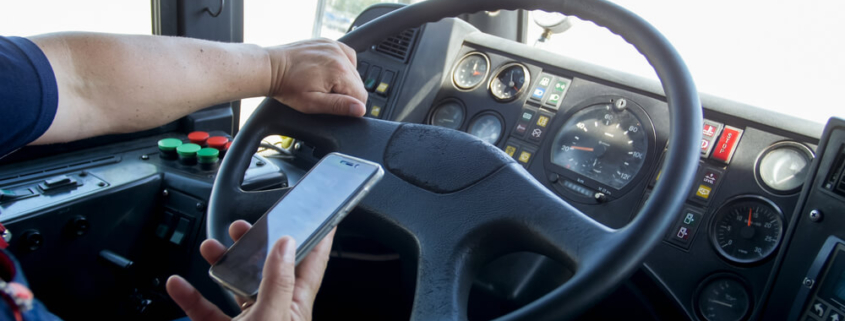 Social Media and Truck Accidents
Social Media and Truck Accidents
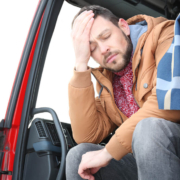
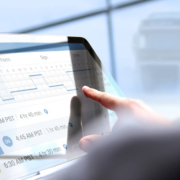
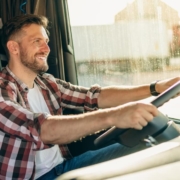
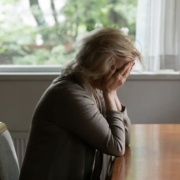 Insurance Adjusters misrepresenting your account of an accident
Insurance Adjusters misrepresenting your account of an accident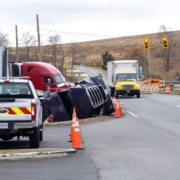
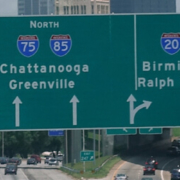
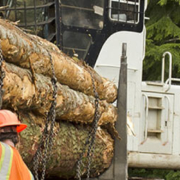

 The Future of Trucking Safety: Autonomous Trucks and Accident Prevention
The Future of Trucking Safety: Autonomous Trucks and Accident Prevention How Do Trucking Company Safety Standards Affect Accident Rates?
How Do Trucking Company Safety Standards Affect Accident Rates?